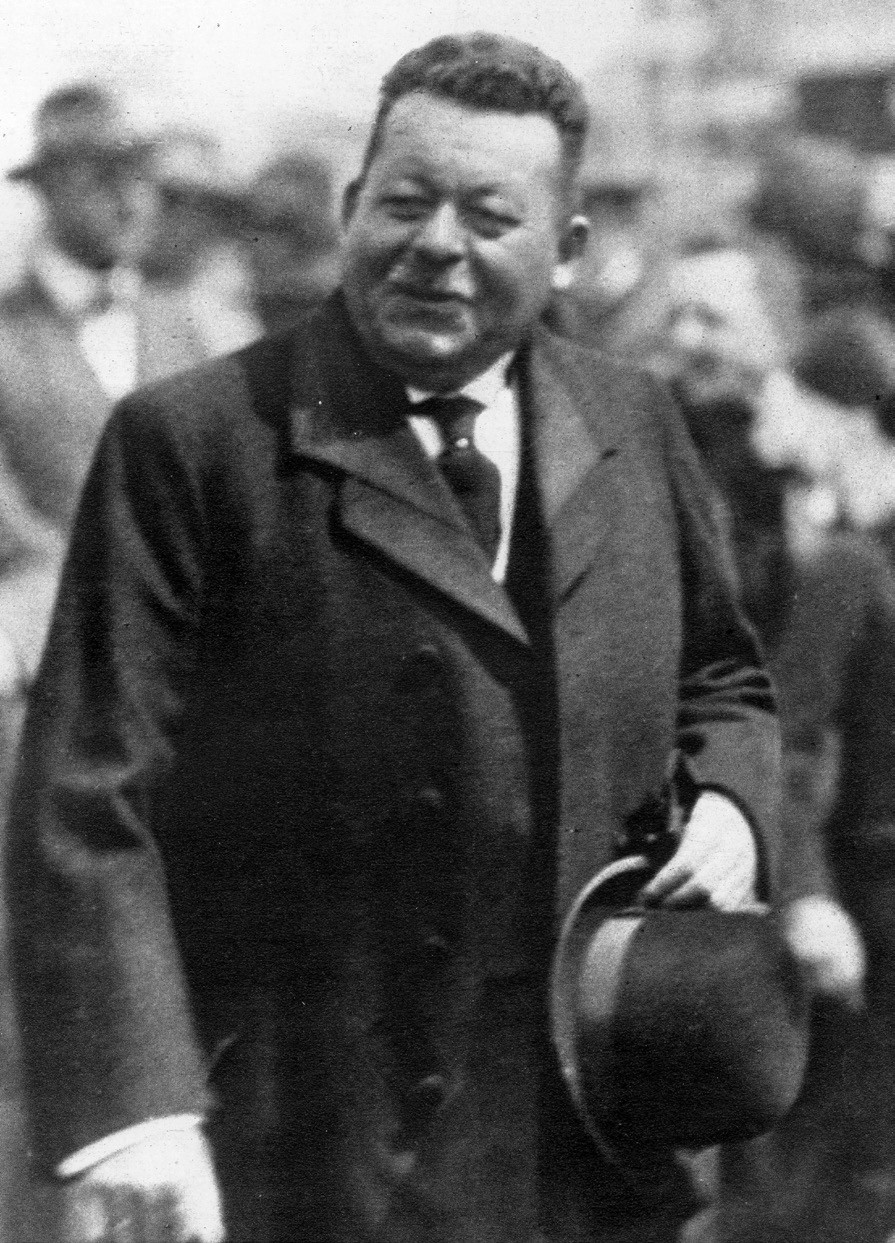
Without Ebert, there would have been no Weimar Republic. After the First World War, he reluctantly decided the monarchy must be abolished and seized control of the government in November 1918 to prevent a Communist revolution. Ebert was voted president of the new republic in early 1919, a position which he held until his death in 1925. Although a socialist, Ebert allied with the army and conservatives to foil several attempted revolutions and managed to stabilise Germany.
A former First World War soldier, Remarque drew upon his memories of the war when he wrote his anti-war novel All Quiet on the Western Front in 1927. The book became a bestseller around the world, and its success helped the international community to see Germany and its wartime soldiers in a more sympathetic light — leading to treaties with its former enemies and changes to reparations payments.
Your organisation does not have access to this article.
Sign up today to give your students the edge they need to achieve their best grades with subject expertise
Subscribe




